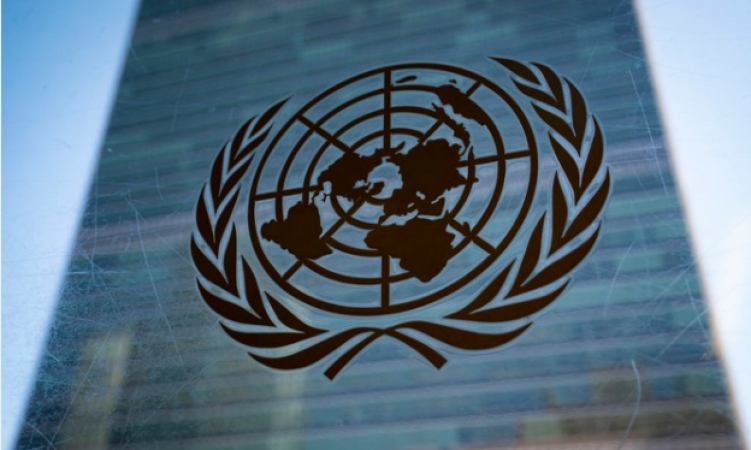
UNO: According to the head of the UN Development Programme, if the Taliban won't allow local women to work for the organisation, the UN is prepared to make the "heartbreaking" decision to leave Afghanistan in May.
According to UNDP Administrator Achim Steiner, the UN is in talks with the Afghan government in the hopes that it will make an exception to a decree this month that forbids local women from working for the UN.
According to Steiner, "it is fair to say that where we are right now requires the entire United Nations system to step back and reevaluate its capacity to operate there." However, negotiating fundamental values like human rights is not the point.
Also Read: Russia, Venezuela review bilateral agreements, offers support
Stéphane Dujarric, the spokesperson for UN Secretary-General António Guterres, stated on Tuesday that the UN is still dedicated to assisting the Afghan people and that it will continue "to push back on this counterproductive, to put it mildly, edict by the authorities."
According to Steiner, the Taliban have permitted Afghan women to work in some capacities, and a UN report released on Tuesday reveals that the nation urgently needs more women to be employed due to its struggling economy.
Some very slight indications of economic recovery have been present concurrently with the Taliban takeover. Exports have increased somewhat, the exchange rate has stabilised somewhat, and inflation has decreased somewhat.
However, population growth is anticipated to outpace gross domestic product, the total value of all goods and services produced within Afghanistan's borders, meaning that per capita income will decline from $359 in 2022 to $345 in 2024, the report says.
According to Steiner, some of these economic issues are a result of Taliban policies that prevent the majority of women from working. More people are in need as a result of the country's economic issues, but the UN has determined that human rights are inalienable, and it will leave in May if the Taliban do not make concessions.
In the interview on Monday, Steiner said, "I think there is no other way to put it than heartbreaking. I mean, if I were to picture the UN family leaving Afghanistan right now, I would see pictures of millions of children, including mothers, fathers, and children, who would essentially go without food.
The Taliban's decision to permit women to work under certain conditions in the fields of health, education, and some small businesses is a cause for cautious optimism.
According to Steiner, the de facto authorities have in some ways made it possible for the UN to implement a sizeable set of emergency development assistance programmes. But they also keep moving the goalposts and issuing new decrees.
The Taliban took over the country in 2021 as US and NATO forces were leaving Afghanistan after two decades of war, despite initial promises of a more moderate rule than during their previous tenure in power in the 1990s.
Also Read: This couple is roaming the world without clothes, the reason is surprising
According to Abdul Rahman Habib, a spokesman for the Afghan Economy Ministry, the country's high poverty rate and weak economy are caused by international banking restrictions, the suspension of humanitarian aid, and climate change.
However, he pointed to decreased inflation and reliance on imports, better regional trade and business ties, and the end of poppy cultivation as indicators of economic advancement and sound governance.
"Our future plans and priorities are developing the agricultural and industrial sectors as well as mining extraction, supporting domestic business and domestic products, more focus on exports, attracting domestic and foreign investors, creating special economic zones, and much more," Habib said.
The Taliban announced this month that female Afghan staffers employed by the UN mission can no longer report for work, taking the restrictions they have placed on women one step further.
We're approaching a very important moment, according to Steiner. And obviously, we hope and anticipate that some common sense will prevail.
Since the Taliban took control of the country and the subsequent economic collapse, aid organisations have been supplying food, education, and medical assistance to Afghans. The former administration of President Ashraf Ghani currently holds the country's seat at the UN, and no nation has recognised the Taliban as Afghanistan's legitimate government.
Despite staying at home since April 12, the 3,300 Afghans employed by the UN—2,700 men and 600 women—continue to work and will be paid, according to Dujarric. The Taliban ban does not apply to the 600 international employees of the UN, 200 of whom are women.
Also Read: 'We have arrested 2 Khalistanis UK takes action after India's tough stance
He stated on Tuesday, "We are reviewing how we can carry out our duties and how we can do it while respecting international human rights law." We are making every effort to determine how we can carry on in that manner.